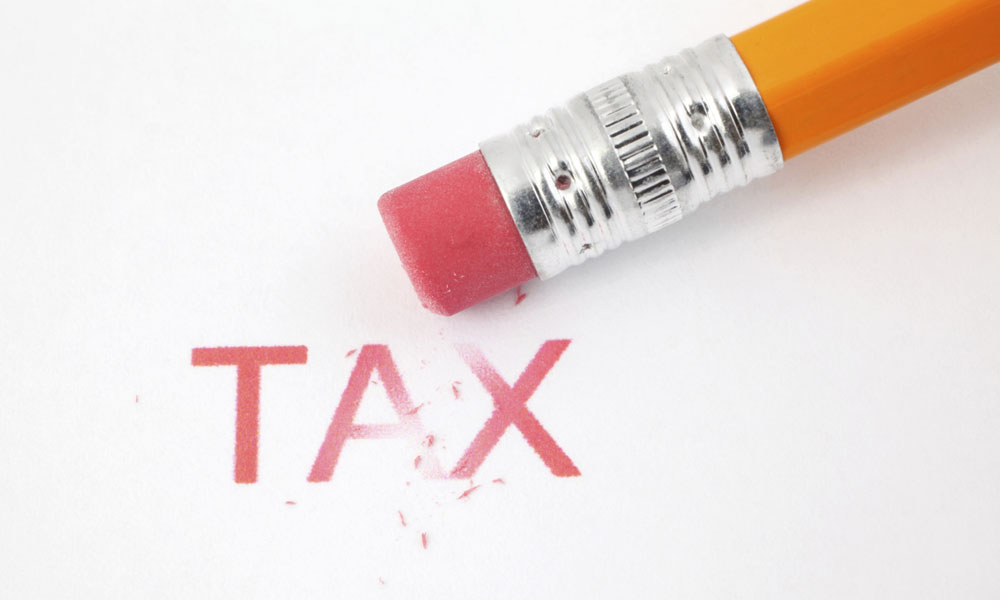
Illinois Ruling Throws Wrench Into ‘Amazon Tax’ Dispute
While the state ruled against a loophole intended to allow states to tax online commerce, New York went the other direction on the same issue earlier this year—meaning that the odds of the Supreme Court considering the issue are rising.
Illinois’ highest court has struck down a state law intended to allow sales tax on e-commerce—the exact opposite of a New York state court’s decision on a similar law earlier this year. That means the odds of the Supreme Court taking up the the issue just got better.
If you were looking for an easy solution to the online-sales-tax dispute at the state level, you’re likely to be disappointed. Things just got a little complicated.
An Illinois court decision late last week added a new twist to the saga over states levying a so-called “Amazon tax” on online purchases—making it more likely that the Supreme Court could be dealing with the issue soon. More details:
An association’s court victory: On Friday, the Performance Marketing Association won its case in the Illinois Supreme Court. In a 6-1 ruling, the panel upheld a 2012 Circuit Court decision striking down a state law that required online marketers working with performance marketers based in Illinois to pay state sales tax. Performance marketing, also known as affiliate marketing, is a form of advertising in which bloggers and marketers receive commissions for referral sales made through links to e-commerce sites from their pages. PMA member Amazon.com is one of the best-known companies relying on this model—and if the law had been affirmed, Amazon would have been required to pay taxes in Illinois, as such marketers would have been treated as employees under state law. The high court decided that treating performance advertising differently from other types (out-of-state vendors who only placed print or broadcast ads in Illinois were not subject to sales tax) violated the federal Internet Tax Freedom Act.
The reaction: PMA says the 2011 Illinois law devastated the industry in the state. “This was a lose-lose situation for the state,” PMA Executive Director Rebecca Madigan said in a press release on the court victory. “The state collected no new use tax revenue from those retailers that terminated their relationships with local Illinois affiliates, and the affiliates themselves lost millions of dollars in advertising revenue.” Meanwhile, the Illinois Retail Merchants Association, which represents brick-and-mortar stores, spoke out against the ruling, telling the Associated Press that congressional action is needed to “[put] retailers, who are making payroll and putting people to work, on equal footing” with their online counterparts.
Another state’s take: But the Illinois court isn’t the last—or the first—word on the subject. A March decision by the New York Court of Appeals in a case that directly involved Amazon and fellow online sales giant Overstock.com went the other way [PDF]. New York’s highest court ruled that the usage of affiliate marketing “established an in-state sales force” for the companies. At the time, it was Amazon’s Ty Rogers who argued that congressional action was needed. “Given the confusion reflected by this decision, we believe the best way to effectively fix this problem is through passage of the Marketplace Fairness Act by Congress, which Amazon strongly supports,” Rogers told Bloomberg.
Could a U.S. Supreme Court decision be next? Things seem to be moving in that direction. A Monday piece on the issue by Reuters quoted lawyers who said the divergent opinions could lead to a Supreme Court showdown because it is more likely to accept a case when two states’ courts disagree on the issue. “There will continue to be additional litigation at the state level exacerbating the problem,” lawyer Stephen Krantz of McDermott Will & Emery told the wire service. “That is clear and should be a factor considered by the court in deciding whether to take the New York or Illinois case.”
As for the Marketplace Fairness Act, the Senate passed the bill earlier this year, but it sits in purgatory in the House, where its chances are considered slim at best.
(iStock/Thinkstock)






Comments